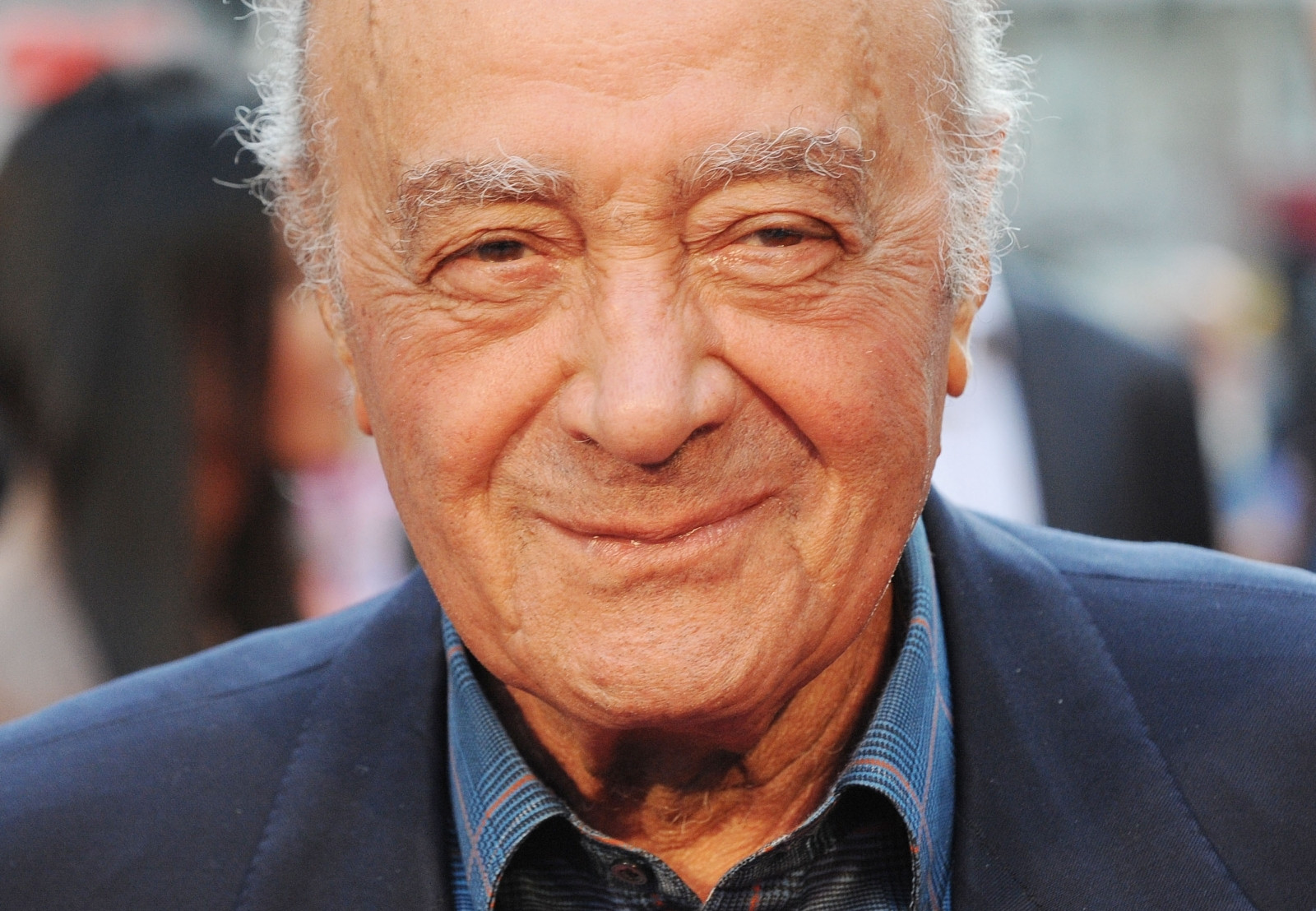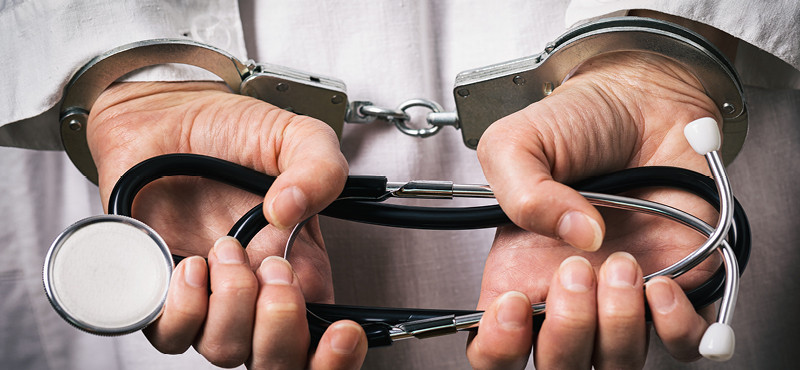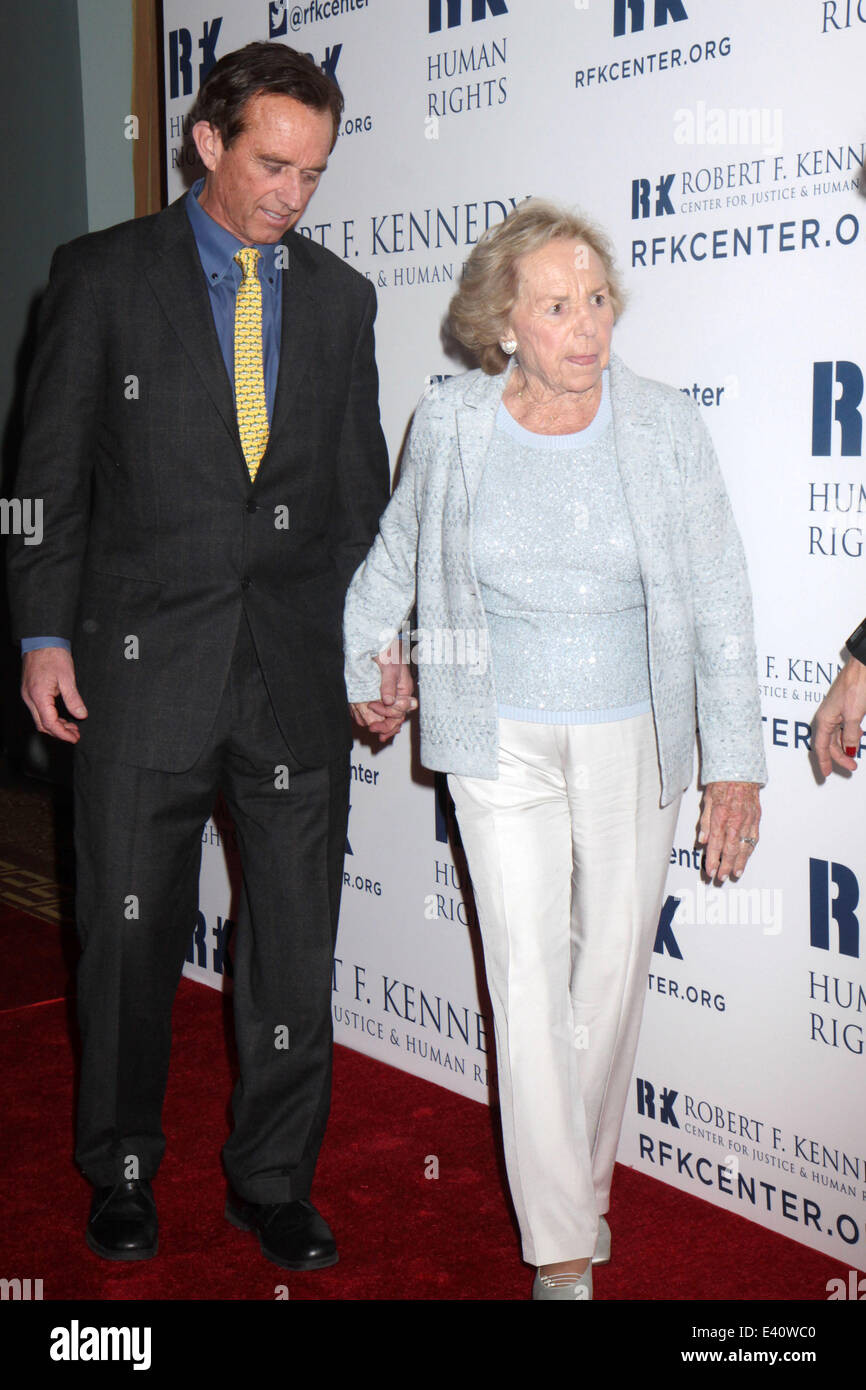Five women who say they were sexually assaulted by former Harrods boss Mohamed Al Fayed have spoken to BBC Breakfast.
One woman, Katherine, says in her first week at Harrods, Fayed would rip the buttons off her shirt and tell her to get her hair straightened and lip waxed
Another woman, Gemma, says Fayed raped her in Paris, with the trauma "lifelong"
Lindsay says she was "trafficked" to Paris and taken to Dodi Fayed's flat, with the doors locked behind her: "It was the most terrifying night of my life"
"He was not a gregarious, charity-giving clown," says Jen. "He was a dangerous sexual predator"
In total, more than 20 women have told the BBC they were sexually assaulted by the billionaire. Five say they were raped
Fayed, who died last year aged 94, owned Harrods between 1985 and 2010 - Harrods' current owners say they are "utterly appalled" by the allegations
Victims Call for Investigation into Doctors Who Allegedly Shared Confidential Medical Records
Adding to the harrowing allegations against Mohamed Al Fayed, multiple women who claim they were sexually assaulted by the former Harrods boss have called for an investigation into doctors who allegedly subjected them and other Harrods staff to sexual health examinations before sharing the results with the company.
These women, along with the Justice for Harrods Survivors group, are urging the General Medical Council (GMC) to investigate the actions of the doctors. Their claims revolve around the disturbing practice of doctors conducting tests for sexually transmitted diseases and then providing those results to Fayed, potentially enabling him to exploit their vulnerabilities.
The Allegations and Their Impact
One of the women, Natacha, shared her experience, stating that when she joined Harrods as a 19-year-old, she was sent for a medical examination by Dr Ann Coxon. Natacha alleges that Coxon subjected her to a gynaecological examination and tested for Aids and sexually transmitted diseases without her consent. This alleged breach of confidentiality is a significant concern, and Natacha believes it is crucial for Dr Coxon to be held accountable.
Natacha, represented by New Bailey Chambers, articulated her position: "Ann Coxon has questions to answer about the medical examinations that she carried out on behalf of Mohamed Al Fayed. The examinations carried out by Dr Coxon were intrusive and wholly unnecessary. They also resulted in many employees’ confidential medical information being inappropriately shared within Harrods, including my own. This should not have happened. We will be making a formal complaint to the General Medical Council and would expect them to investigate."
Further Allegations and Calls for a Public Inquiry
The allegations against the doctors were first brought to light in a BBC documentary, "Al Fayed: Predator at Harrods." The investigation named two doctors, Coxon and Dr Wendy Snell, who are alleged to have performed gynaecological and sexual health examinations on women who worked in Fayed’s office.
While Snell has since passed away, Coxon has been approached for comment. The GMC has responded to these allegations by stating they are "deeply concerning" and will thoroughly examine any potential fitness-to-practise concerns. This response underlines the seriousness of the allegations and the potential impact on the doctors' careers.
The allegations, however, go beyond just these two doctors. Henry Porter, the former editor of Vanity Fair who investigated Fayed for years, said that at least five West End doctors were involved in these examinations. Since the documentary aired, scores of other alleged victims have come forward, including some who claimed they faced similar tests and examinations.
Adding to the pressure for a full investigation, a law firm representing the survivors, Leigh Day, is calling for a statutory public inquiry into the doctors' actions. The firm, representing a woman named Joan, claims that other former Harrods female staff were also subjected to gynaecological tests and sexual health examinations. They are highlighting the disturbing trend of these examinations and the alleged inappropriate sharing of private medical information with Harrods and Al Fayed.
Richard Meeran, the Leigh Day partner representing Joan, is adamant about the need for accountability: “Our client feels strongly that the actions of these medical professionals must be included in a statutory public inquiry.”
Impact on Victims and the Need for Justice
The alleged actions of the doctors have had a devastating impact on the lives of the women involved. Tamara, who worked as a personal assistant to Fayed in the early 1990s, shared her experience with the BBC. She stated that she was told to go for a medical checkup with Dr Ann Coxon in Harley Street, and felt that the examination violated her privacy. She claims that Fayed later confronted her with a bottle of Dettol disinfectant, saying: “Who have you been fucking?” He allegedly used the results of the medical examination, which showed she had contracted a sexually transmitted disease, to manipulate and control her.
Tamara's story illustrates the grave consequences of having medical information shared without consent. The women are not only seeking justice for the sexual abuse they endured but are also demanding accountability for the medical professionals who allegedly violated their trust and privacy.
Katherine, an executive assistant at Harrods in 2005, shared a letter from Dr Snell, detailing the results of a smear test, blood tests, and “gynaecological swabs, including chlamydia,” adding that the information was deeply disturbing and raised serious questions about why such information was shared with Fayed.
The allegations against Mohamed Al Fayed and the medical professionals involved are deeply troubling. The women are courageous in coming forward to share their stories and demand justice. Their pursuit of accountability is essential for ensuring that such practices are never repeated and that victims are given a voice and the support they deserve.
The Legacy of Mohamed Al Fayed and the Fight for Justice
The revelations surrounding Mohamed Al Fayed have shaken the world, casting a new light on the man who built a business empire and became a household name. His legacy is now stained by allegations of rampant sexual abuse and a culture of fear that permeated his business empire.
The women, however, are determined to ensure that their voices are heard and that Al Fayed's actions are exposed. They are not only seeking justice for themselves but also for the countless other women who may have suffered in silence for years. Their determination to hold those responsible accountable, whether it be Fayed himself or the medical professionals allegedly involved, sends a powerful message. This is a message of empowerment, of refusing to let abuse go unchallenged, and of ensuring that the fight for justice continues even after the perpetrator is gone.
The story of Mohamed Al Fayed is not just about one man; it is about a system that allowed abuse to thrive, about the power dynamics that create a culture of fear, and about the courage of survivors who refuse to be silenced. The allegations against the doctors are an integral part of this narrative, underscoring the need for a thorough investigation and a commitment to ensuring that medical professionals uphold the highest ethical standards and protect the privacy of their patients. The fight for justice is far from over, and these courageous women, along with the legal teams representing them, are committed to ensuring that their voices are heard and that the truth is brought to light.

















